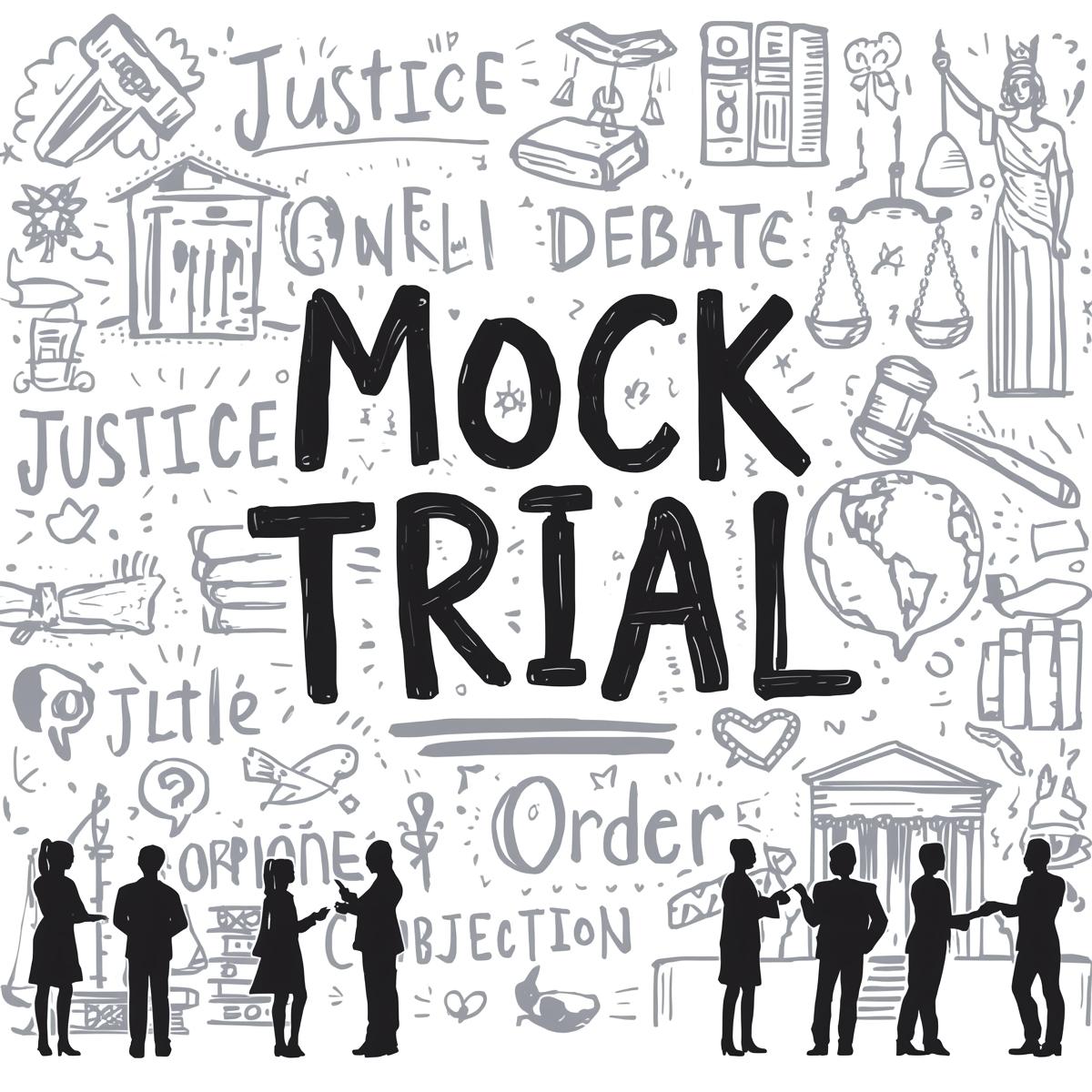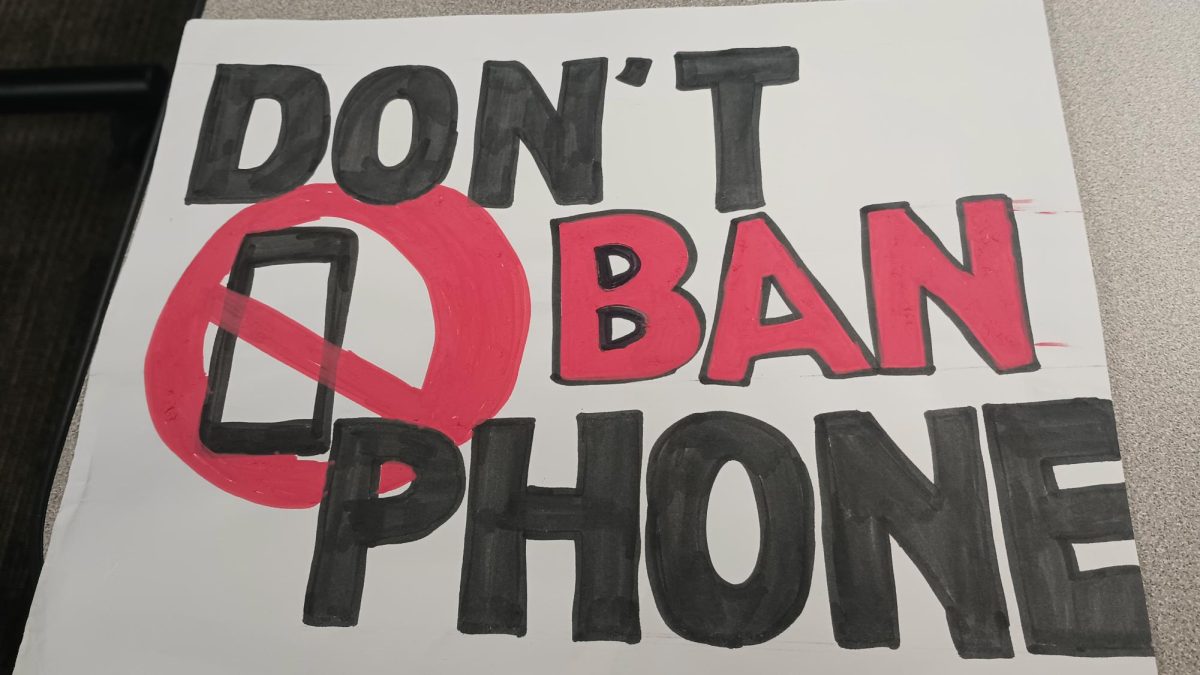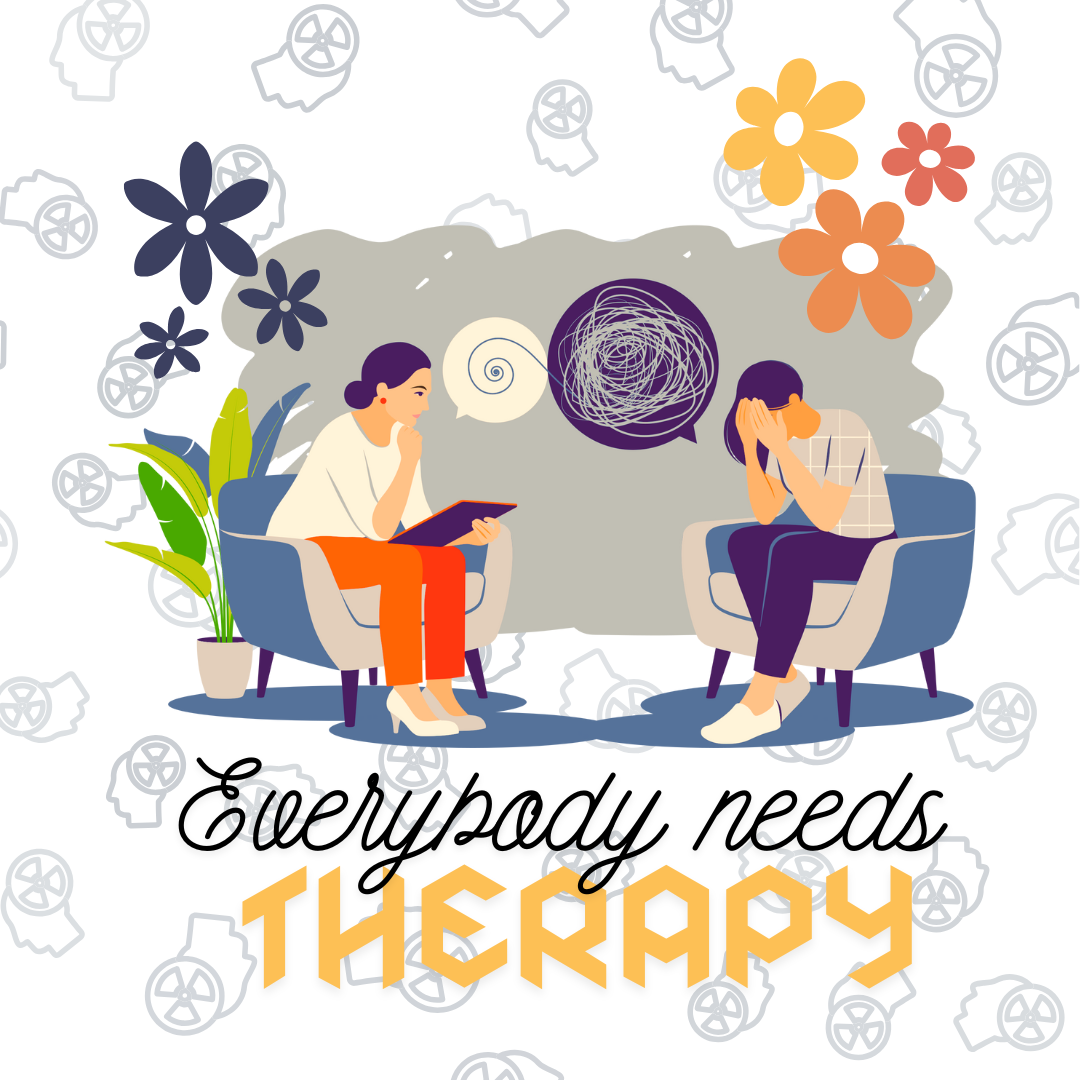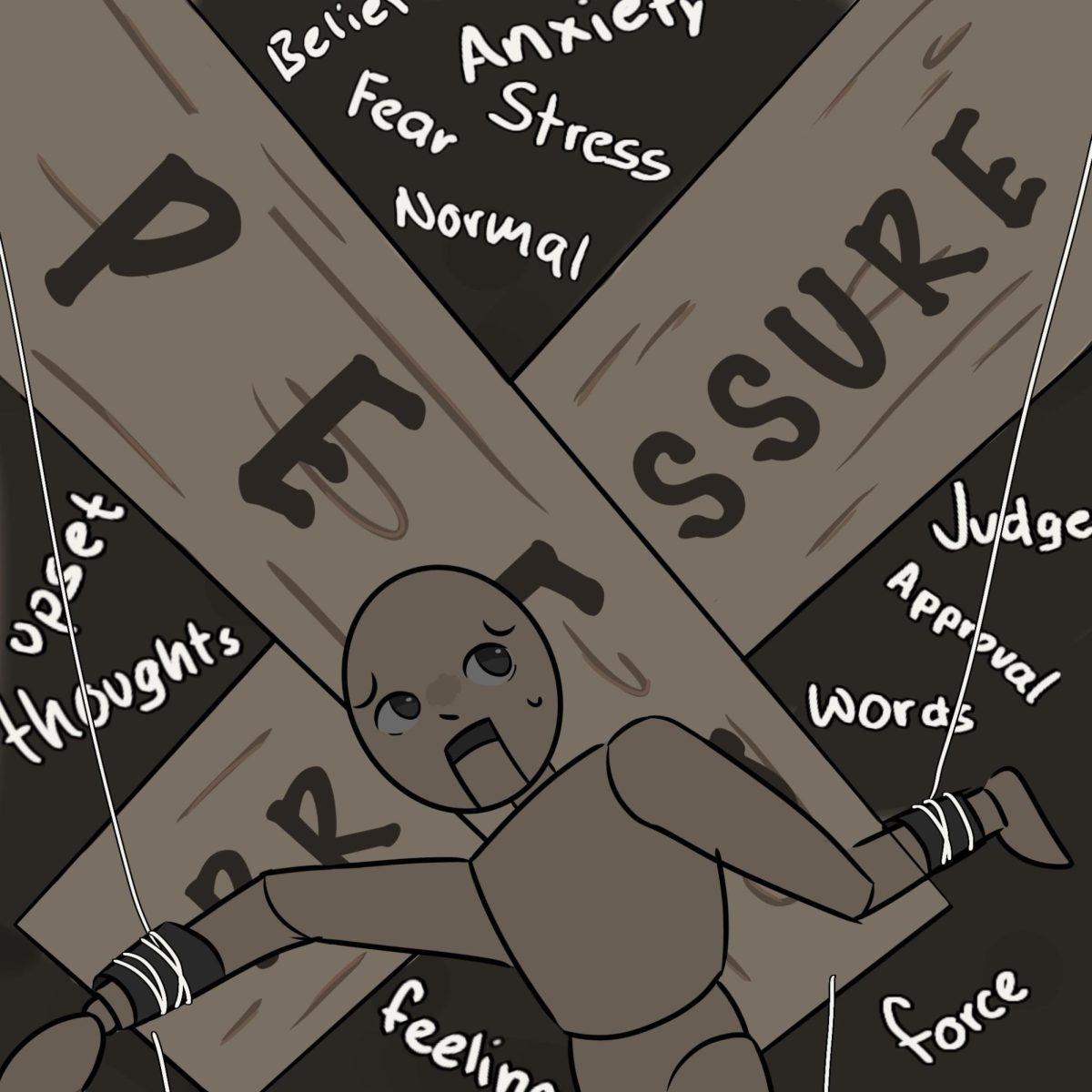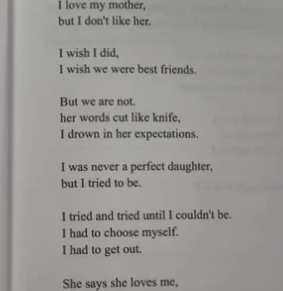In the fall of my sophomore year, I reported an issue to the office. A few days later, I learned the student involved had been suspended. However, much to my disappointment, the suspension only lasted three days. Then they came back and things had not changed. In fact, the behavior I had reported continued as if nothing had happened. I received no follow-up, closure or confirmation from the administration that the issue had been addressed further.
It wasn’t until the following school year that the student transferred. The reason why was never officially stated to me. Regardless, it felt like the first real step toward a decent resolution to my problem, even if it came two semesters too late.
The experience left me with many questions about how Middle College High School (MCHS) handles serious reports. I wondered… what exactly happens after a student makes a report? Why can it sometimes feel like nothing changes? What is the actual process behind the scenes?
To get answers, I spoke with MCHS principal Mr. Voight to better understand how the school responds to reports and what students should expect when they come forward.
“If it's a serious student concern that affects another student or staff member, we get a statement form. We fill out the statement form, and I go over it with the student to make sure what they said is what they mean,” Mr. Voight said. “Then I investigate whatever claims are being made at that time.”
The school follows a structured documentation process when a student brings a concern to the office.
If a report entails more severe behavior, the case must be evaluated by the Pupil Support Services Area (PSSA) of the Santa Ana Unified School District (SAUSD). They will ultimately determine if the incident meets the legal requirements for expulsion.
“If you do something that is an expellable offense, it goes up to what we call the Pupil Support Services Area. I will go and put up someone for expulsion, saying that I believe they've broken the rules to that degree. It goes into a hearing, and they decide if it has broken the education code to the degree to be expellable,” Mr. Voight said.
However, not all cases result in expulsion. Even if the principal believes that such a punishment is warranted, the final decision is not up to him. Instead, it rests with the district.
“If [PSSA] says no, then the student comes back. They've gotten their consequence of suspension, but they come back to school, regardless of what the principal thinks,” Mr. Voight said.
Additionally, he addressed a common misunderstanding among students when they report.
“One of the things that has led to some problems is that students think when they report something, they get told what consequence the other person gets…You won't be told what exactly is done to that student because of privacy laws involved, like FERPA,” Mr. Voight said.
Due to federal privacy laws, such as the Family Educational Rights and Privacy Act (FERPA), the school cannot share disciplinary outcomes with anyone other than the student directly involved. Therefore, it may feel like no action was taken, even though the school has followed through behind the scenes. Nevertheless, the emotional impact of this lack of transparency on students is undeniable.
Despite administrators’ best intentions to support students during difficult moments, many feel the school’s response is slow or insufficient. In my case, the individual I reported was briefly suspended only to return to campus less than a week later, and no further actions were taken until the start of the next school year. Other students have faced similarly frustrating outcomes after coming forward with serious concerns.
To respect the privacy of everyone involved, all names and identifying details have been omitted.
One student shared their experience reporting an uncomfortable encounter on campus.
“There was no action taken. When I spoke out about it, they only asked me why I was there, why I was separate from the rest of the group, why I hadn’t reached out about it sooner…They put the blame on me instead of on the person who was actually causing the problem…I was the victim, but I wasn’t treated like the victim. I was treated as if I were the criminal in that situation,” the student said.
Their interaction with the office was far from what they had hoped for. The promised safe space became another place where they felt judged and unseen. The lack of meaningful response from the school left a lasting impression, damaging their trust in the administration from then on.
“It makes me think twice before I say something, which is really bad, because if you have something to say, you feel like you can’t speak up about it because you won’t receive any support, or you will just be brushed off,” the student said.
Another student resonated with the same disheartening sentiment. They had also reported an issue that affected their sense of safety on campus, but were left with little to no justification.
“It made me feel like there’s no point in reporting anything to the school,” the second student said.
A third student, who also experienced disappointment after reporting a troubling matter, shared similar frustrations but offered thoughtful suggestions on how the administration could improve.
“I think they should get parents more involved. They should be more transparent instead of hiding their issues, like having parent meetings to let them know what is going on at the moment and how they plan to handle it,” the student said, “And when they say their plan to handle something, they should do as they say and keep their word.”
For this student, their main complaint was the lack of follow-through and communication. When schools give vague answers or fail to act on their promises, students and their families are left to feel confused and unheard. The student believes that increased transparency with students and parents would help rebuild trust and ensure everyone feels included in the process.
While no system is perfect, students deserve timely and sincere responses from administrators. By listening to student voices and following up on commitments, MCHS can create a safer, more supportive environment for our community.

